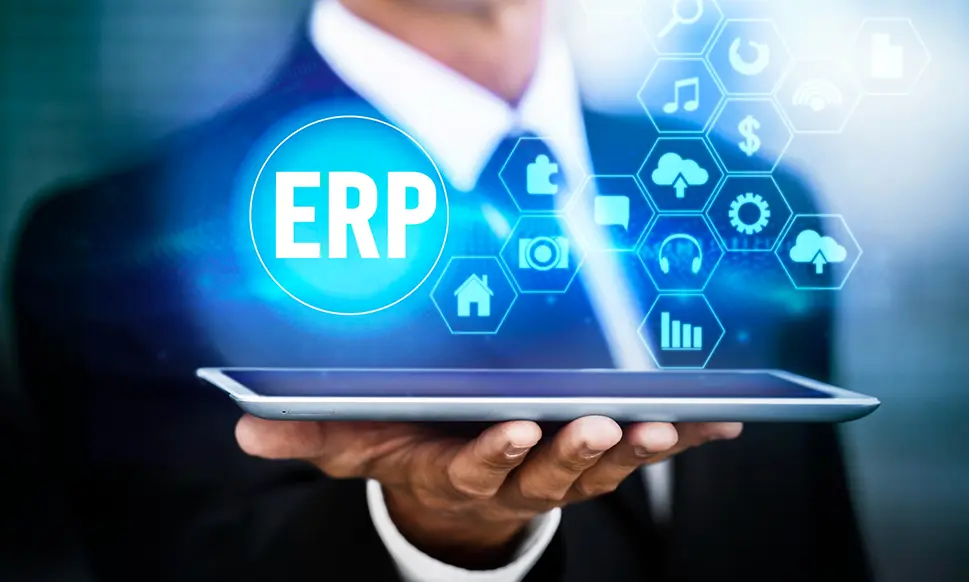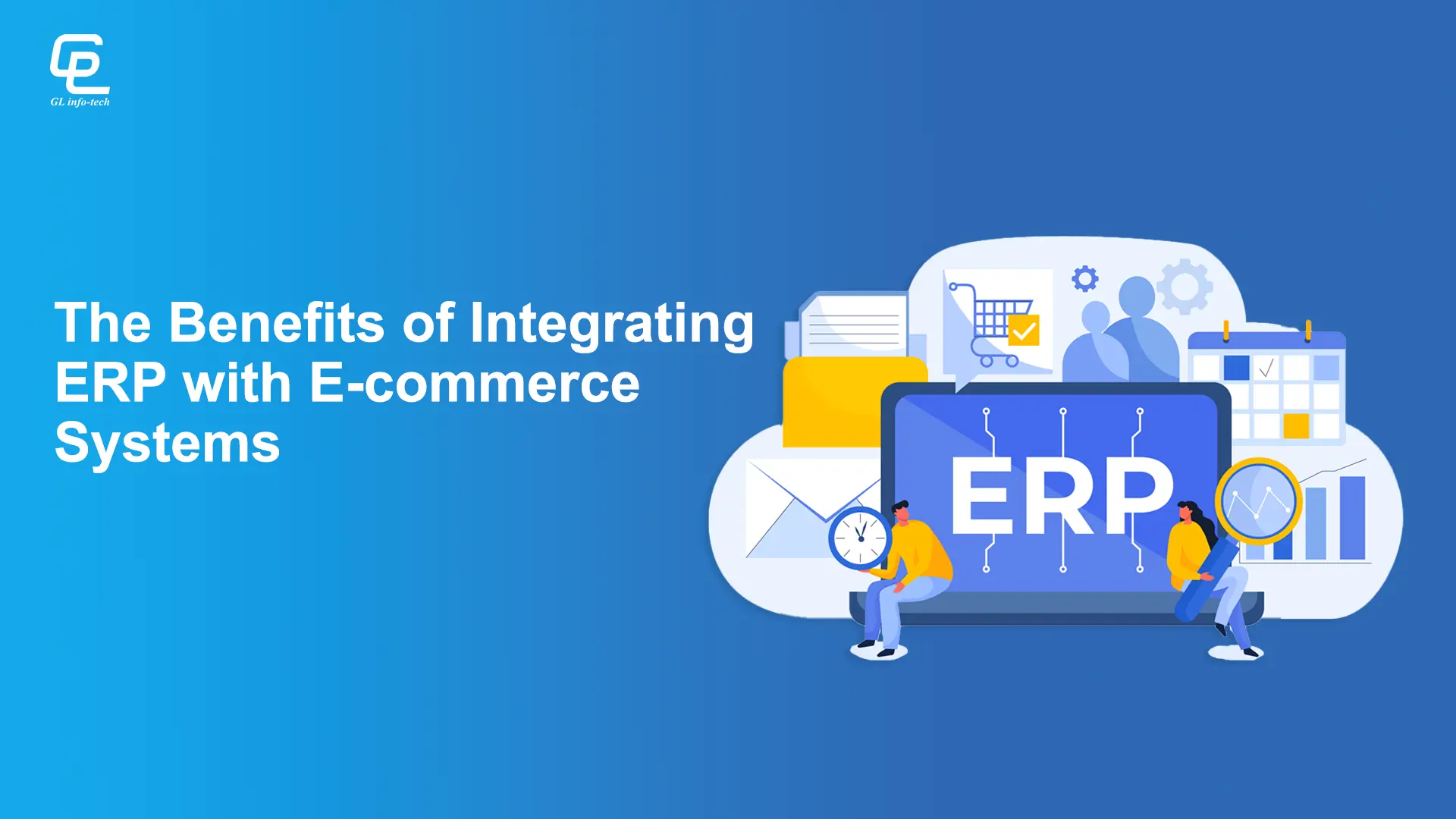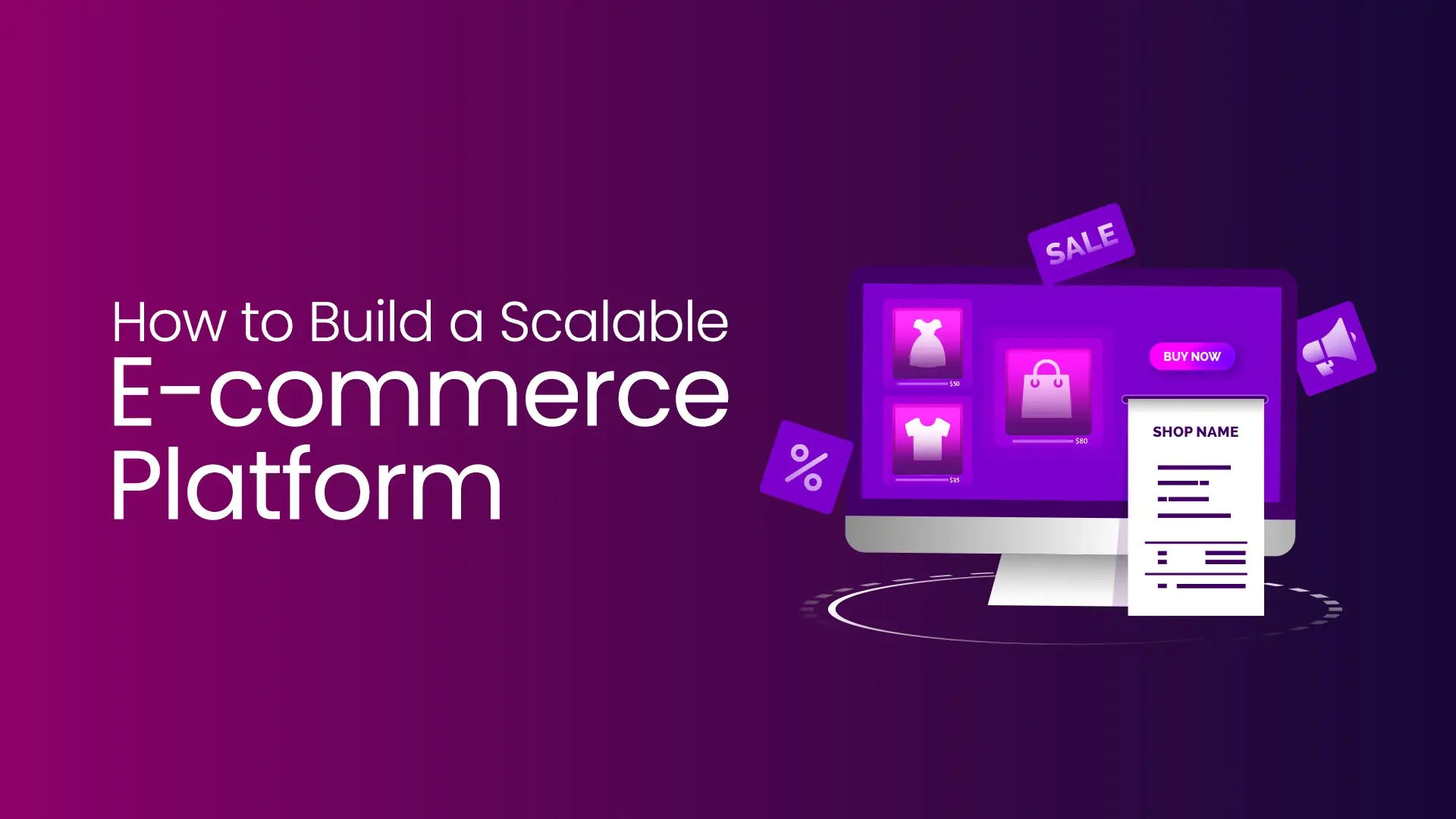In today’s fast-paced digital economy, businesses are continuously seeking ways to enhance operational efficiency, improve customer experience, and drive growth. One of the most effective strategies to achieve these goals is through ERP and e-commerce integration. This combination not only streamlines operations but also fosters a seamless connection between various business functions. Let’s explore the key benefits of integrating ERP with e-commerce systems.
1. Streamlined Operations
Integrating ERP with e-commerce systems facilitates the flow of information across different departments. By consolidating data from sales, inventory, finance, and customer service, businesses can eliminate data silos and improve collaboration. This integration ensures that all teams have access to real-time data in ERP, enabling them to make informed decisions quickly. For instance, when a customer places an order online, the ERP system can automatically update inventory levels and trigger the fulfillment process, reducing manual errors and saving time. This is particularly beneficial for ERP software for retail businesses, which requires precise coordination between various functions.
Read More: Why Custom Software Solutions Are Key for Modern Enterprises
2. Enhanced Customer Experience
A unified ERP and e-commerce solution allows businesses to provide a more personalized and responsive customer experience. With access to comprehensive customer data, businesses can tailor marketing efforts, offer personalized product recommendations, and improve customer service. For example, integrating customer purchase history from the ERP system into the e-commerce platform enables businesses to send targeted promotions and relevant product suggestions, leading to higher conversion rates and customer satisfaction. This is an essential aspect of automating e-commerce with ERP.

3. Improved Inventory Management
Inventory management is a critical aspect of e-commerce operations. An integrated ERP system provides real-time visibility into inventory levels, enabling businesses to manage stock more efficiently. This integration helps prevent stockouts and overstock situations by providing accurate demand forecasts and inventory analytics. As a result, businesses can optimize their inventory levels through inventory management with ERP, reduce carrying costs, and ensure that they can meet customer demand without delays.
Also Read: Mobile App Development: Trends Shaping Businesses by the End of 2024
4. Automated Financial Processes
Integrating ERP with e-commerce systems automates financial processes, reducing the risk of errors and enhancing accuracy. When an online sale is made, the ERP system can automatically generate invoices, update financial records, and process payments. This automation not only saves time but also ensures compliance with financial regulations. Moreover, real-time financial reporting allows businesses to monitor their financial health and make strategic decisions based on accurate data. This is particularly advantageous for ERP for order management, which requires precise tracking of sales and payments.
Also Read: 5 augmenting interventions of AI in digital marketing as a powerful automation weapon
5. Scalability and Flexibility
As businesses grow, their operational needs evolve. An integrated ERP and e-commerce system provides the scalability and flexibility required to adapt to changing market demands. Whether launching new products, entering new markets, or expanding sales channels, businesses can easily scale their operations without the need for significant system overhauls. This agility allows companies to respond quickly to opportunities and challenges in the marketplace, making ERP for small businesses a valuable investment.

6. Data-Driven Insights
The integration of ERP and e-commerce systems enables businesses to leverage data analytics for better decision-making. By analyzing sales trends, customer behavior, and inventory turnover, companies can gain valuable insights that drive strategic initiatives. These insights can inform marketing strategies, product development, and inventory management, ultimately leading to improved profitability and competitiveness. The use of e-commerce automation tools combined with ERP systems can enhance these insights even further.
7. Enhanced Security and Compliance
With increasing data privacy concerns and regulatory requirements, businesses must prioritize data security and compliance. An integrated ERP system provides robust security measures to protect sensitive customer and financial data. Additionally, it helps ensure compliance with industry regulations by automating reporting processes and maintaining accurate records. Integrating ERP and CRM integration can further enhance customer data security and streamline customer relationship management. An erp software development company can help you with this task.
Integrating ERP with e-commerce systems provides significant benefits that enhance operational efficiency, customer experience, and competitiveness. By streamlining processes and leveraging data-driven insights, businesses can achieve sustainable growth in the evolving digital marketplace. As technology advances, this integration becomes essential for thriving in a dynamic environment. As a leading branding agency in India, we specialize in seamless ERP and e-commerce integration. Let us help you unlock your operations’ full potential. Contact us today to learn how our expert solutions can transform your business!
Common FAQs
What is ERP integration in e-commerce?
ERP integration in e-commerce refers to the process of connecting ERP systems with online sales platforms to streamline operations, improve data flow, and enhance customer experiences.
How does integrating ERP with e-commerce benefit businesses?
It enhances operational efficiency, improves inventory management, automates financial processes, and provides valuable insights, leading to better customer service and profitability.
Can an ERP system manage inventory and sales for my online store?
Yes, ERP systems are designed to handle inventory management, sales tracking, and financial reporting, making them ideal for managing online stores.
What challenges are faced during ERP and e-commerce integration?
Challenges may include data migration issues, system compatibility, the complexity of integration, and training staff to adapt to the new system.
How does ERP integration help with customer experience in e-commerce?
By providing real-time data and insights, businesses can personalize customer interactions, improve service levels, and respond quickly to inquiries, thereby enhancing the overall customer experience.
Web Design & Development Ecommerce Web Development ERP Software Development



